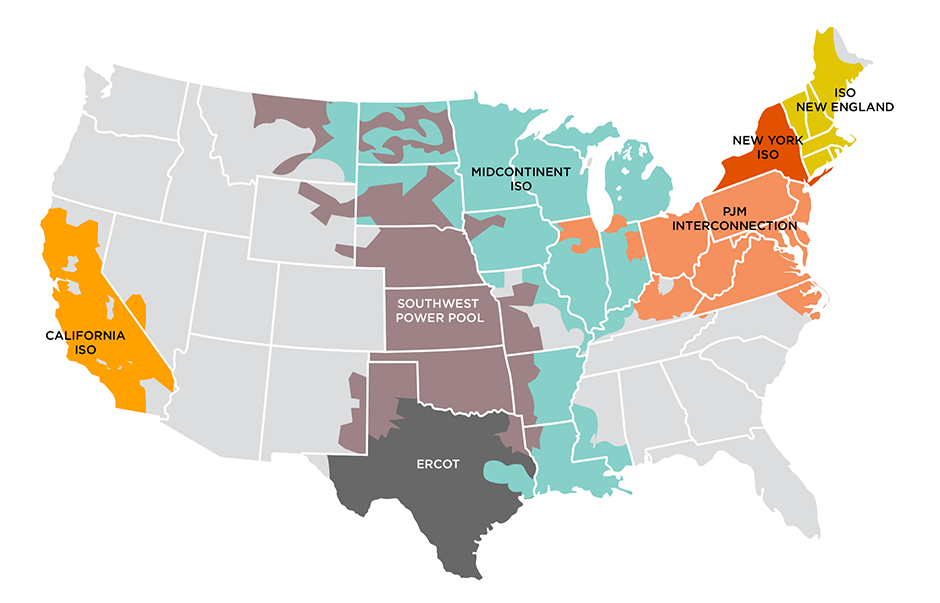Electronics, Vol. 13, Pages 4491: Research on Microgrid Optimal Scheduling Based on an Improved Honey Badger Algorithm
Electronics doi: 10.3390/electronics13224491
Authors: Zheng Wang Zhenhai Dou Yuchen Liu Jiaming Guo Jingwei Zhao Wenliang Yin
As global energy demands continue to grow and environmental protection pressures increase, microgrids have garnered widespread attention due to their ability to effectively integrate distributed energy sources, improve energy utilization efficiency, and enhance grid stability. Due to the complexity of internal structure, variety of energy sources, and uncertainty of load demand, the optimal scheduling problem of microgrids becomes extremely complicated. Traditional optimization methods often perform poorly in complex and dynamic microgrid environments, and it is assumed that the complexity is low or that more simplification is needed, which leads to poor convergence and local optimality when dealing with uncertainty and nonlinear problems, making intelligent optimization algorithms a crucial solution to this problem. To address the shortcomings of the traditional honey badger algorithm, such as the slow convergence speed and a tendency to fall into local optima in complex microgrid optimal scheduling problems, this paper proposes a multi-strategy improved honey badger algorithm. During the population initialization phase, a combined opposition-based learning strategy is introduced to enhance the algorithm’s exploration and exploitation capabilities. Additionally, the introduction of variable spiral factors and a linearly decreasing strategy for parameters improves the overall efficiency of the algorithm and reduces the risk of local optima. To further enhance population diversity, a hunger search strategy is employed, providing stronger adaptability and global search capabilities in varying environments. The improved honey badger algorithm is then applied to solve the multi-objective optimal scheduling problem in grid-connected microgrid modes. The simulation results indicate that the improved honey badger algorithm effectively enhances the economic and environmental benefits of microgrid operations, improving system operational stability.

 1 week ago
13
1 week ago
13


